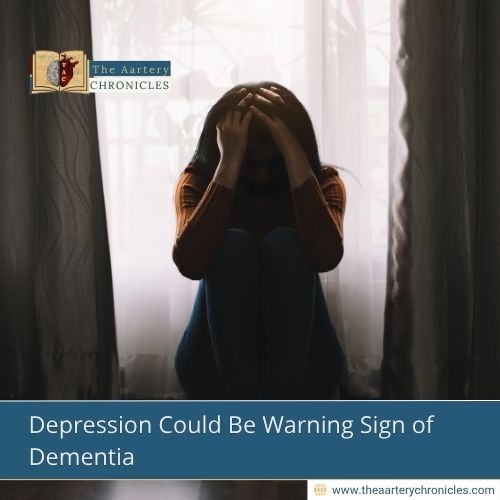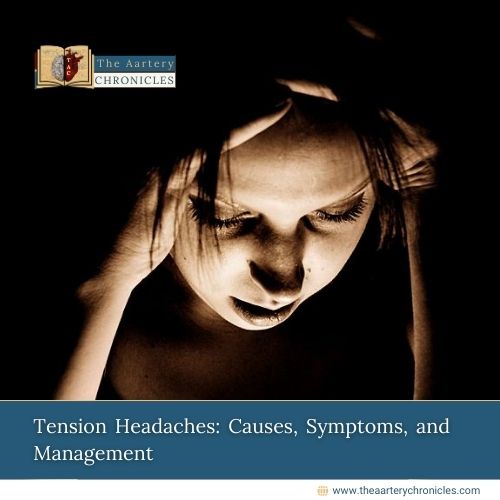

Depression Could Be Warning Sign of Dementia
A major new study by researchers at the University of Nottingham, published in eClinicalMedicine, has found that depression is linked to a higher risk of developing dementia both in midlife and older age. The findings suggest that early and effective treatment of depression may be an important step in preventing or delaying dementia.
The research team included experts from the University of Nottingham, University of Adelaide, and the Dementia Center of Excellence at Curtin University in Australia.
Why This Matters
Dementia affects over 57 million people worldwide and is one of the biggest challenges facing public health today. With no current cure, finding ways to reduce the risk of dementia is critical. This study highlights depression as a major risk factor that needs more attention not just for mental well-being, but also for protecting long-term brain health.
Lead researcher Jacob Brain explained, “Our study shows that depression increases the risk of dementia whether it occurs in midlife or later in life. This means that recognizing and treating depression at any stage is vital not just for mental health, but also to reduce dementia risk.”
Midlife vs. Late-Life Depression: Does Timing Matter?
Previous research has already shown a connection between depression and dementia, but there has been debate about whether the timing of depression plays a role. Is it more dangerous if it begins in midlife (around the 40s or 50s), or does it only matter if it occurs in older age (60s and beyond)?
This new study helps answer that question. The researchers found that depression at both stages of life increases dementia risk, but late-life depression could also be a sign that dementia is already beginning to develop.
“This could mean that late-life depression is not only a risk factor but possibly an early symptom of dementia,” said Mr. Brain.
How the Study Was Done
The researchers performed what’s called an umbrella review and meta-analysis. This means they gathered all the strongest existing studies that had already analyzed the connection between depression and dementia, combined their data, and then reanalyzed the results to get clearer answers.
They also included newer studies that hadn’t been included in earlier reviews, allowing for a more up-to-date and accurate picture.
Importantly, they paid close attention to when depression was diagnosed midlife or later and how that affected dementia risk.
What Might Be Causing This Link?
Scientists still aren’t fully sure why depression may lead to dementia, but there are several possible explanations. These include:
- Chronic inflammation in the brain
- Stress hormone imbalance (linked to the body’s stress response system)
- Blood vessel damage affecting brain function
- Disruptions in brain chemicals and nerve growth factors
- Shared genetic and lifestyle factors
Conclusion
The findings stress the importance of recognizing and treating depression at any age as part of overall brain health. Making mental health care more accessible and focusing on prevention could help reduce future cases of dementia.
“This research supports a broader view of brain health,” said Mr. Brain. “Taking care of our mental health today could protect our cognitive function tomorrow.”
Source: Inputs from various media Sources

Priya Bairagi
Reviewed by Dr Aarti Nehra (MBBS, MMST)
I’m a pharmacist with a strong background in health sciences. I hold a BSc from Delhi University and a pharmacy degree from PDM University. I write articles and daily health news while interviewing doctors to bring you the latest insights. In my free time, you’ll find me at the gym or lost in a sci-fi novel.








